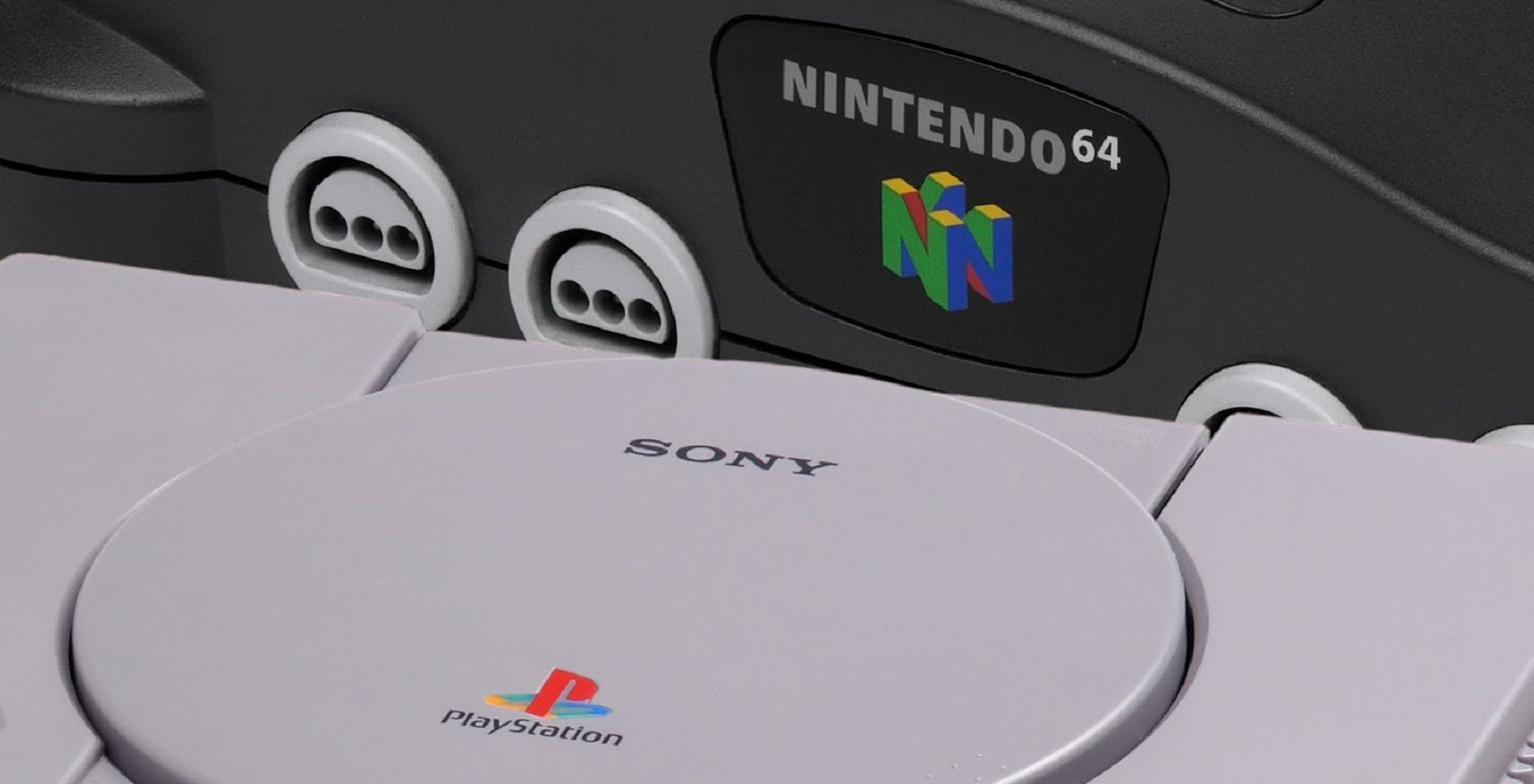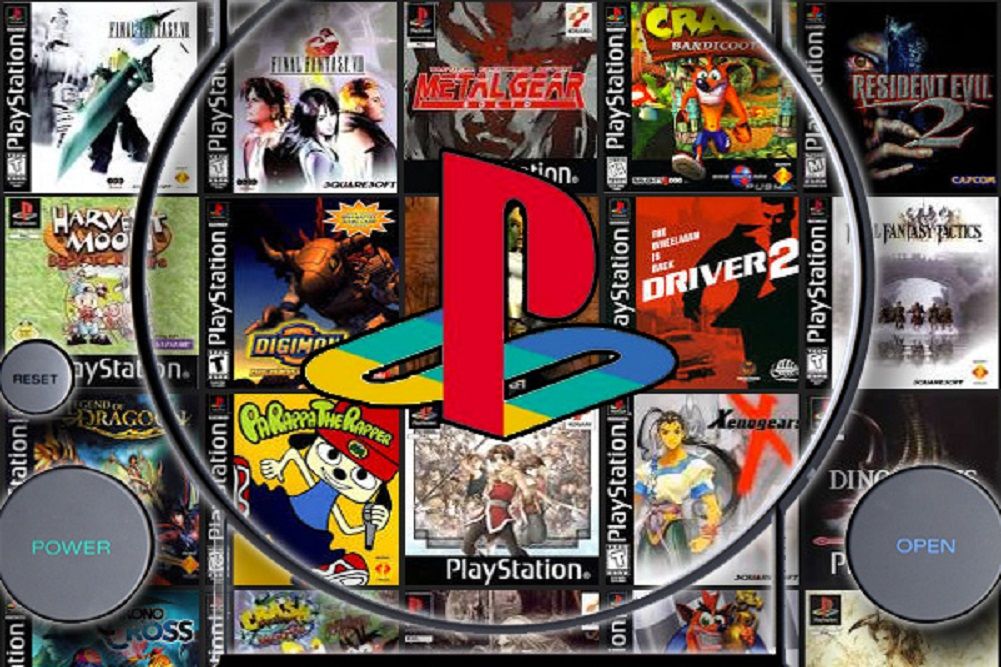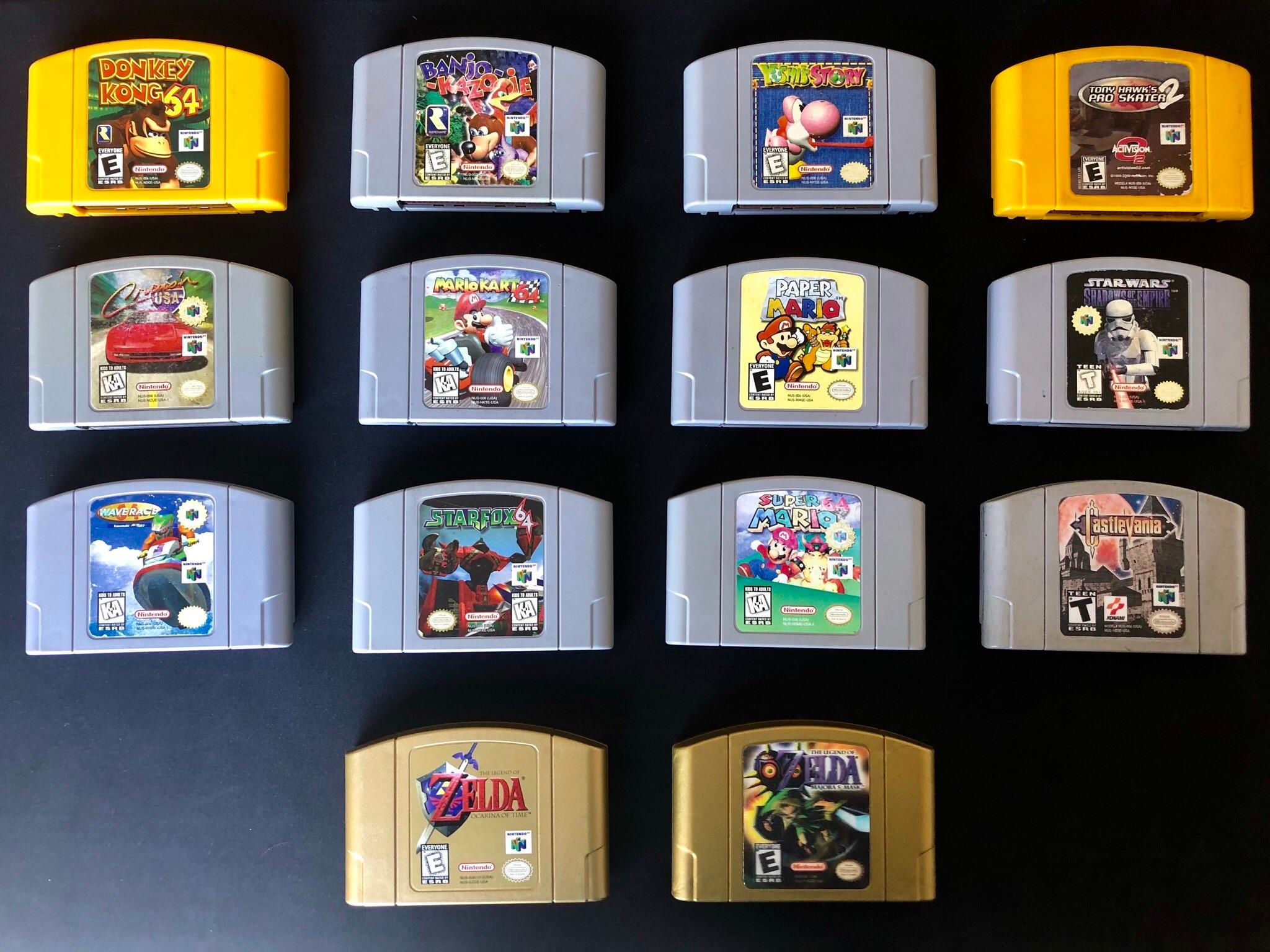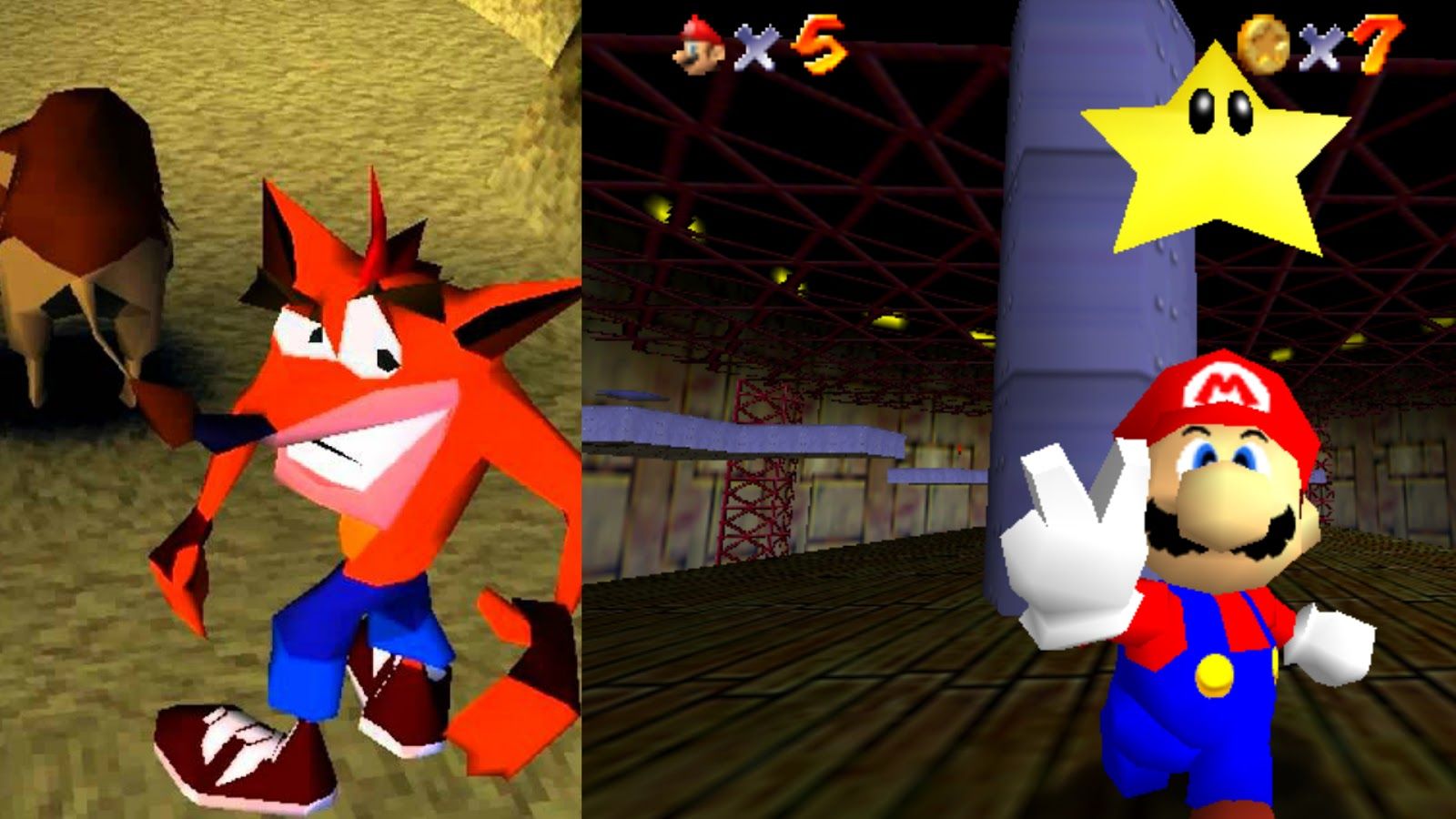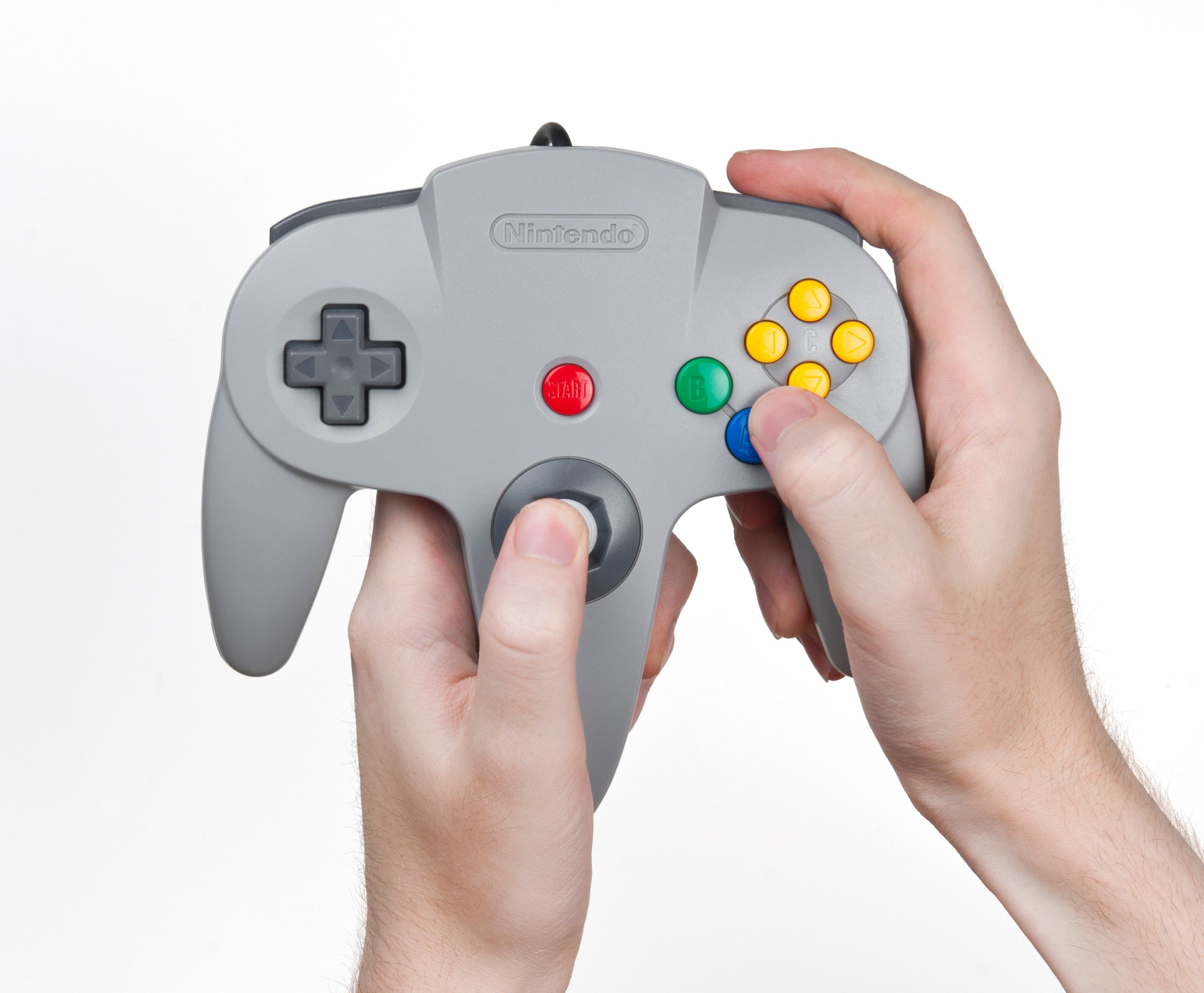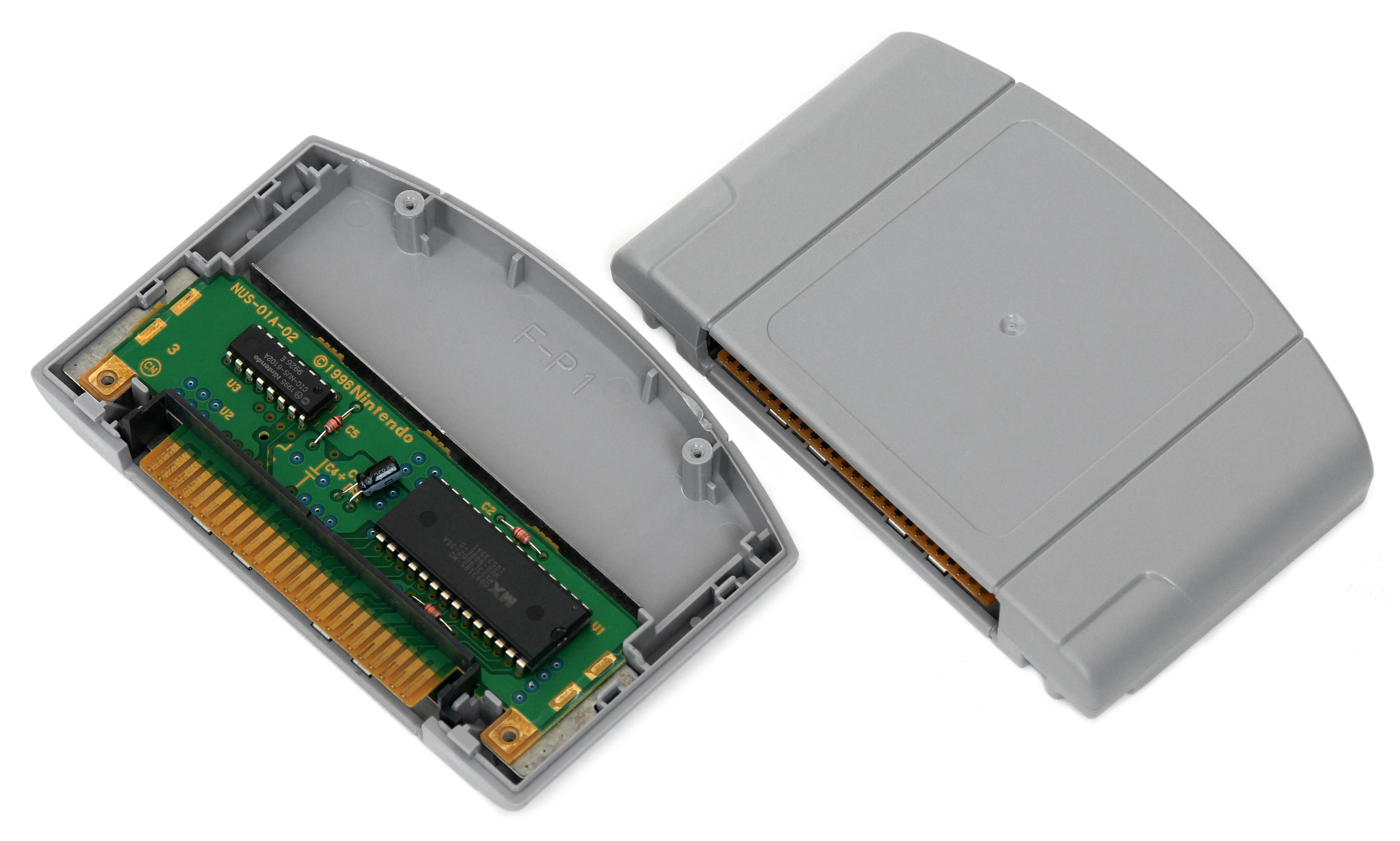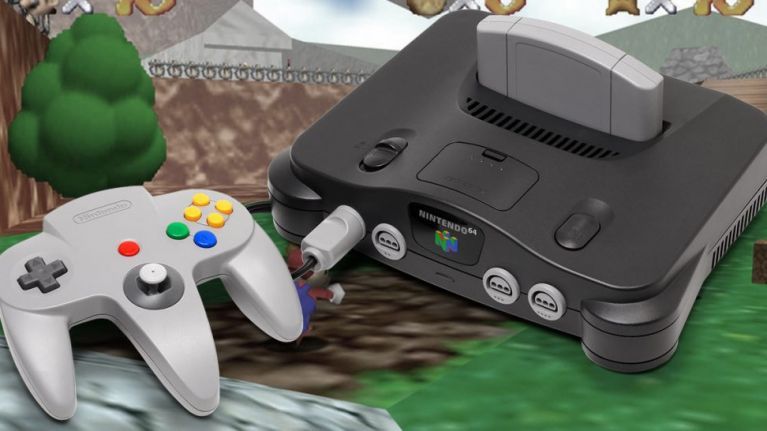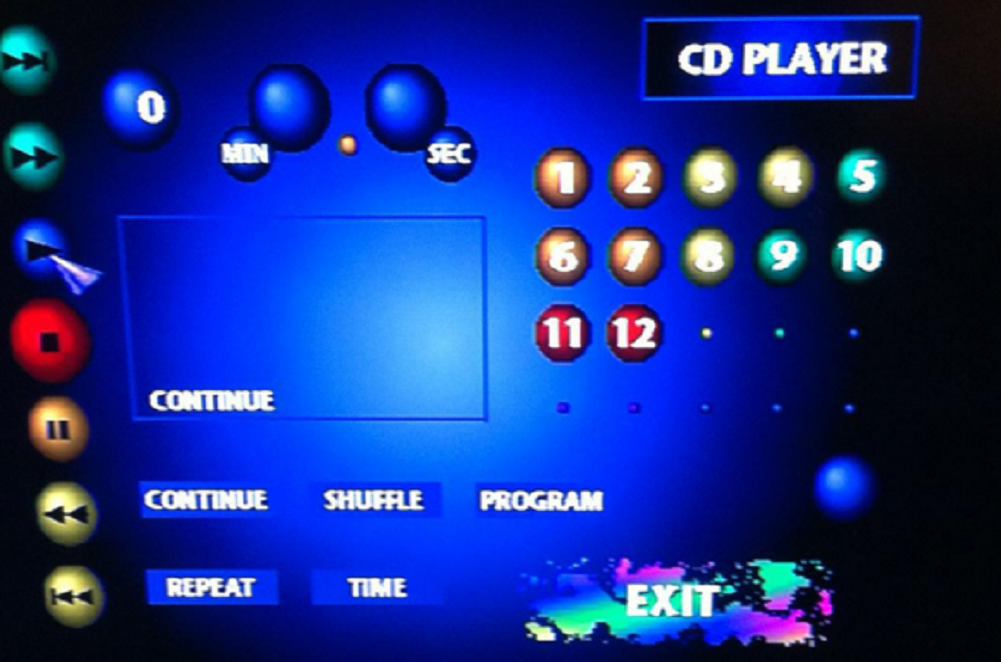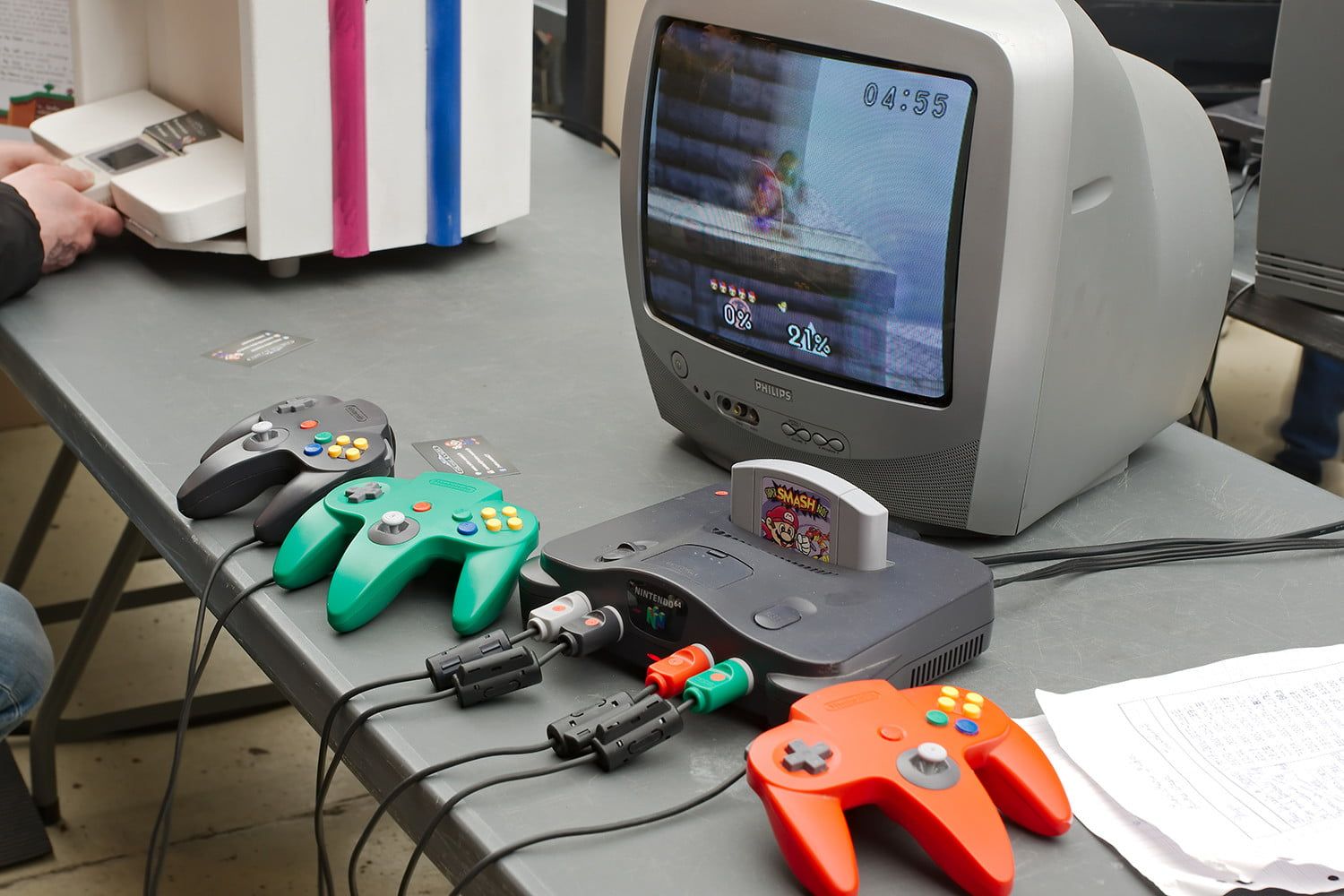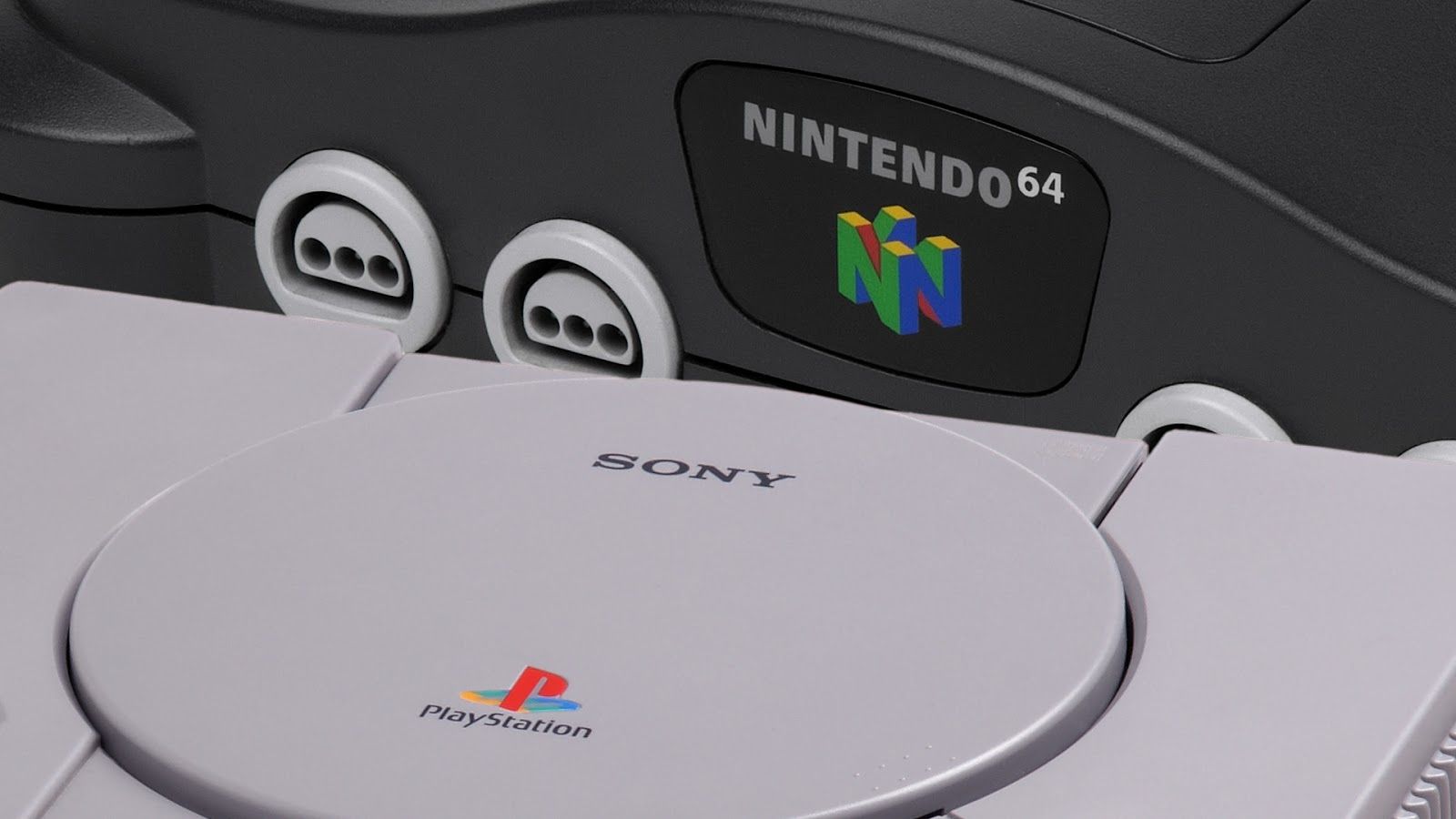Ah, the 90s. A time when Austin Powers and Justin Timberlake reigned supreme. Oh, and console gaming had just started to get big. If you've been playing for long enough, chances are you've enjoyed a game or two on a PS1 or an N64. If you're really lucky, you've probably spent a fair amount of time on both.
Do you prefer one over the other? Is there one you'll always stand by, no matter what? Or are they just both so good in so many different ways, it's hard to pick? Well, it's time to decide. Let this list help you out.
10 Game Library: PS1
PlayStation boasted—and continues to boast—a huge selection of titles. There are over 3,000 games to play on the PS1 alone. This is a pretty impressive library, and it's certainly only more impressive when you consider Nintendo 64's relatively abysmal collection of games.
Is there even a good reason for this? That remains to be seen, because while the Super Nintendo has over 700 games across all regions, N64 comes in way, way below that at a measly 296. Both systems boast fantastic exclusives, of course.
9 Specs: N64
This is a rather easy comparison to make. Keep in mind: this was cutting edge technology in 1994 and 1996, when the PS1 and N64 were released respectively. While both consoles used a 16-bit sound system and displayed 16.7 colors, the N64 had a 64-bit RISC CPU to PS1's 32-bit RISC and 4 MiB of RAM to PS1's 2 MB.
The only area PlayStation comes out on top in is polygons. The PS1 processed 360,000 polygons per second while the N64 only processed around 100,000.
8 Visuals: PS1
You may say this one is up to personal preference, but referring back to the last section makes this one rather easy, too. The PS1's 360,000 polygons really made a difference when it came to gameplay. With more polygons, PS1 games featured more background details and more Realistic graphics overall (well, "realistic" might be a little too generous).
Though fewer bits often meant choppier looking graphics, the PS1 more than made up for it with just the sheer amount of detail and depth on the screen.
7 Controllers: PS1
Nintendo's unique controller designs are well known, but nothing comes close to that crazy N64 controller they introduced in 1996. While gamers to this day are still trying to understand Nintendo's motivation for adding a third handle to their most iconic controller, PlayStation 1's controller design continues on and plays an obvious hand in even PS4's controller design.
So, as much as we love to make fun of Nintendo's questionable decisions, it's hard to beat that classic two-handle, two-joystick, ten-button layout still featured today. Excellent job, Sony.
6 Cartridges vs. Discs: Tie
When you purchase a hard copy of a game these days, do you come home with a disc or a cartridge? Unless you're living in 1996, you're probably coming home with a disc. This is because Nintendo 64's beloved cartridges had limited storage space, cost a lot to develop, and disenchanted potential third-party developers from working with Nintendo.
There is the argument that cartridges are impervious to the type of damages discs are susceptible to, though. So, really, this is a tough one to duke out! Let's call it a tie.
5 Sales: PS1
The 1990s, it would seem, belonged to Sony and its PlayStation sales. While Nintendo got 32.93 million N64s out of its doors, these numbers were dwarfed when Sony sold a total of 102.49 million PS1 systems worldwide.
Well, dang. That's quite a disparity right there. Luckily, both of these beloved consoles certainly outperformed supposed "rival" system, the Sega Saturn. Poor old Sega were just about finito in the home console business as a result. They did take one last shot with the Dreamcast, though.
4 Price: Tie
At the time of the N64's launch, the PS1 and Saturn had seen a dramatic price cut, to $199. In order to stay in line with that, N64 went right ahead and retailed for $199 too.
If you're feeling a particularly potent dose of nostalgia and want to go out and buy one of these consoles today, you're in luck: while they aren't being developed any more, there are still places to buy them. In that case, the price will depend on all sorts of things: which version of the console it is, which games and/or accessories are included and so on.
3 Additional Features: PS1
With today's consoles that host streaming services and other apps, it's hard to imagine a time when this wasn't possible. If you only ever had an N64 growing up, you were in the Dark Ages for longer than you had to be.
While the N64 offered a forgotten motion-controlled attachment and introduced the idea of backwards compatibility, the PlayStation 1 could connect to the Internet, play portable games, make your own games, use floppy disks, link consoles together, play music, watch movies, and play Game Boy games.
2 Nostalgic Value: Tie Again!
A comparison between gaming console classics like the PS1 and N64 wouldn't be complete without taking nostalgia into consideration. Both of these consoles released in the mid-1990s and both of them have iconic game titles associated with them.
Without PlayStation, there wouldn't be Metal Gear Solid, Tony Hawk's Pro Skater, or Silent Hill. If you think that's rough, imagine a world without Star Fox 64, Super Smash Bros., Perfect Dark, or Super Mario 64! In the end, it's up to you to decide which games shaped your childhood and turned you into the gamer you are today.
1 And the Winner Is...
Both of these consoles are undoubtedly nostalgic and featured some of the best technology of their time. It isn't too much of a stretch to say without these consoles, a lot of today's gamers wouldn't have gotten into gaming at all.
That being said, from a logical perspective, PlayStation 1 comes out on top in many categories. The most the Nintendo 64 has going for it is its powerful system, but this is ultimately dwarfed by a number of advantages the PlayStation 1 boasts over it. In the end, though, "best" is a super subjective term, and both systems still have legions of loyal fans. Quite right, too.

